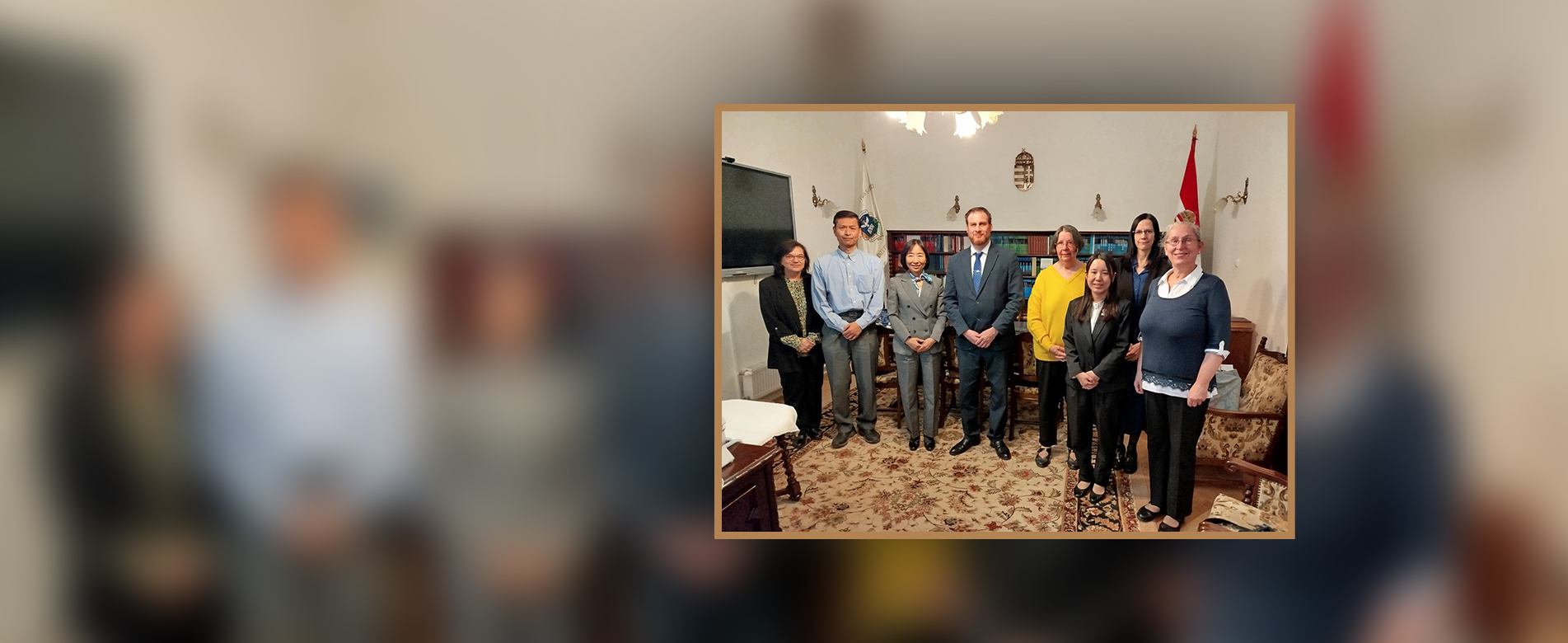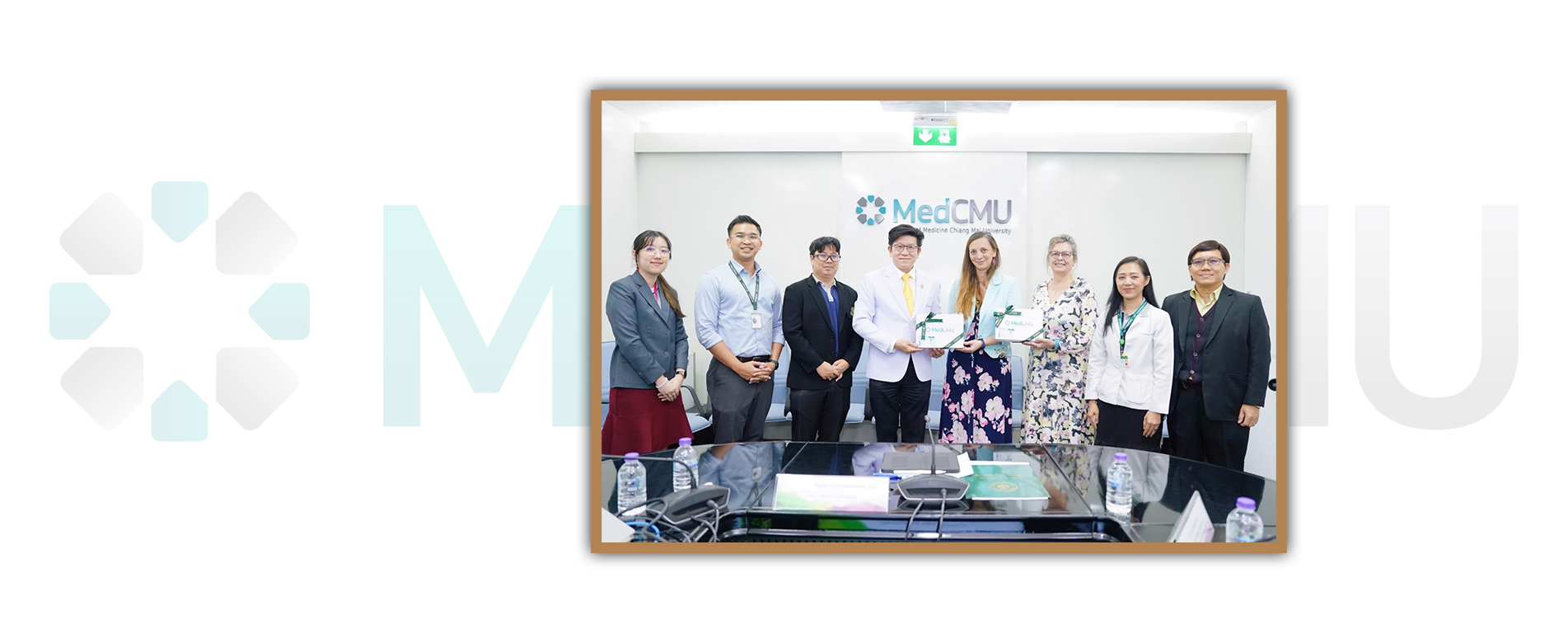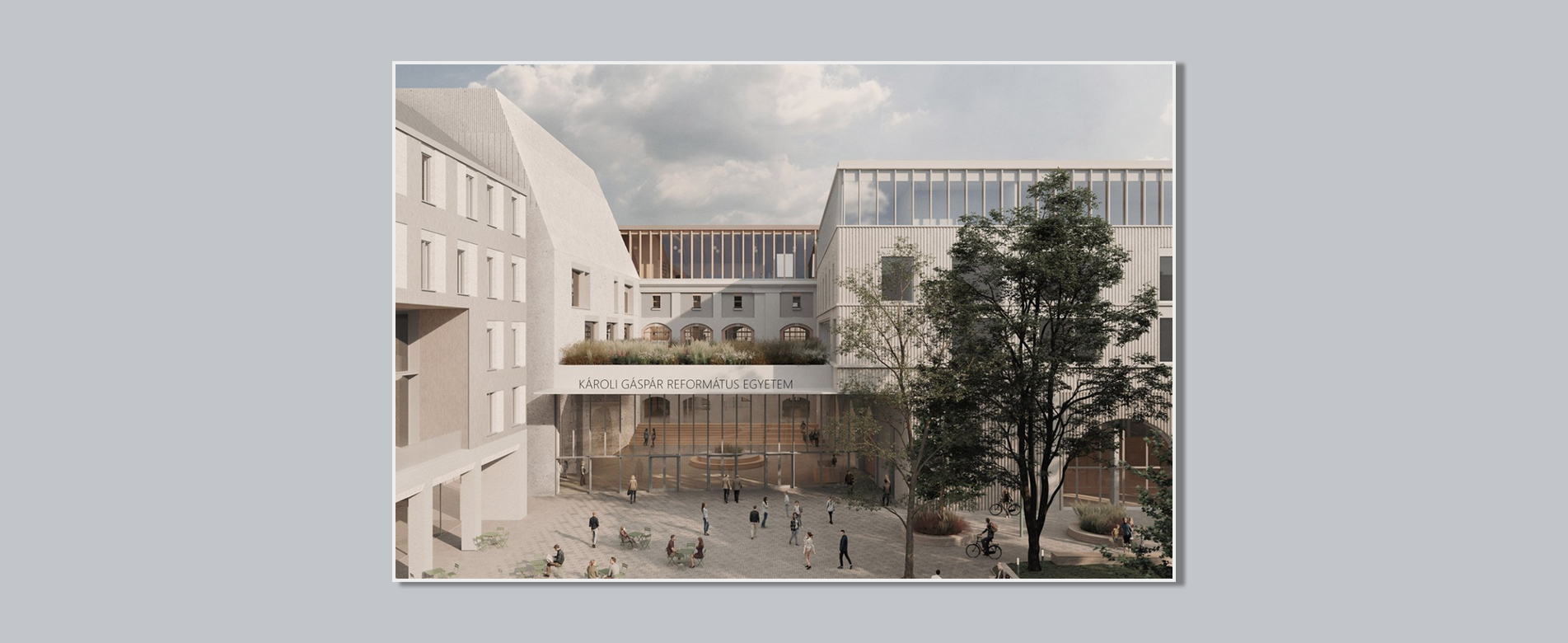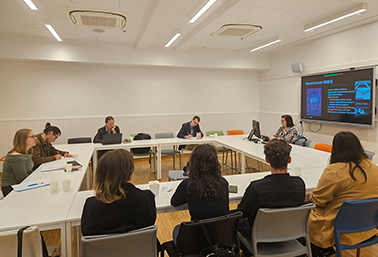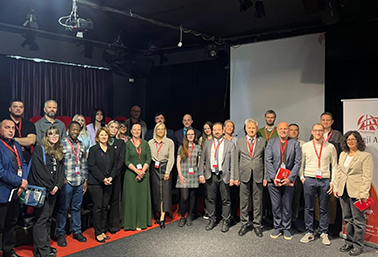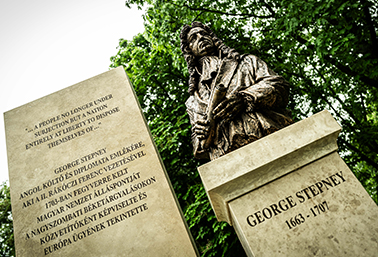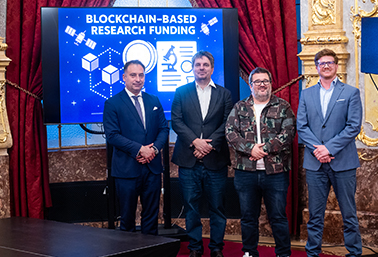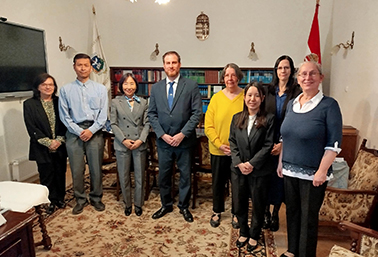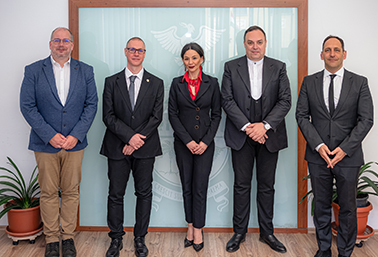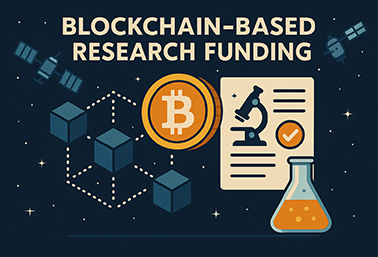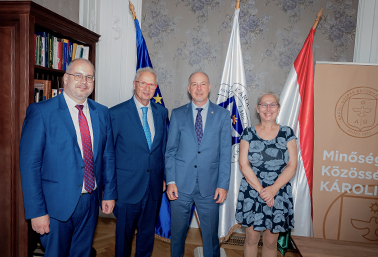
- Written by Deli-Nagy Tünde
Canadian Ambassador’s visit to Károli Gáspár University
On 23rd June, His Excellency Francois Lafreniere, Ambassador of Canada to Hungary, Slovenia and Bosnia, visited our University for the first time since the beginning of his mandate. During his visit to the Károlyi-Csekonics Palace, Ambassador Lafreniere was first received by Rector László Trócsányi, Judit Nagy, Vice-Dean of the Faculty of Humanities and Social Sciences, Coordinator of the Károli Canada Centre, and Gábor Szalai, Head of the International Relations Office. During the meeting, among other things, the extension of Canadian Studies to the Faculty of Law was discussed.
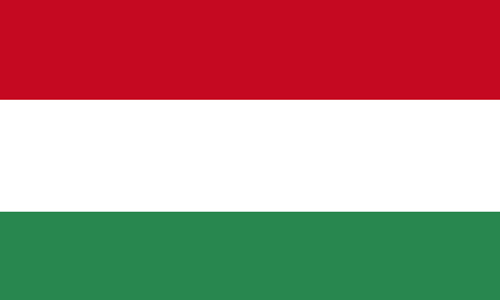

.jpg)
